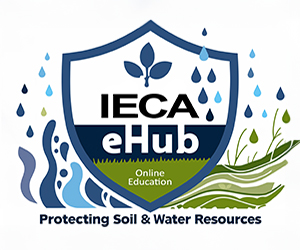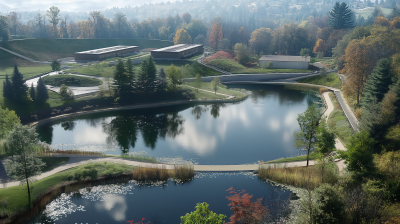
After the Wildfire - Hydrologic and Water Quality Effects of Wildfire
-
Register
- Non member - Free!
- Professional member - Free!
- Professional Plus member - Free!
- Professional Plus Org member - Free!
- Student member - Free!
- Young Professional member - Free!
- Emeritus member - Free!
- Discounted Professional member - Free!
- Australia Member - Free!
- Australia Non-Member - Free!
- Australasia Professional Plus - Free!
- Australasia Professional Plus Org - Free!
- Australian Student - Free!
- New Zealand Member - Free!
- New Zealand Professional Plus Org - Free!
- New Zealand Professional Plus - Free!
- New Zealand Student - Free!
After the Wildfire - Hydrologic and Water Quality Effects of Wildfire

Presented by: Dr. T. Andrew Earles, Ph.D., P.E., D.WRE, Vice President | Wright Water Engineers, Inc.
Level: Intermediate
Duration: 1 hour
Type of Course: On-Demand
This webinar will present information on the hydrologic and sediment transport effects of wildfires. The presenters will draw on experiences with post fire hydrology from wildfires including the Cerro Grande Wildfire that caused heightened flood risk for a nuclear facility at Los Alamos National Laboratory in New Mexico and the Missionary Ridge, Fourmile, Black Forest, and Waldo Canyon Wildfires in Colorado. The webinar will present the science behind hydrologic changes from wildfire and will provide examples of tools and methods that can be used to quantify changes to peak discharges, runoff volume, and sediment yield in a risk-based context.
Learning Objectives:
1. Participants will learn how wildfire affects hydrologic properties of watersheds and why there is
a severe risk of flooding following wildfire.
2. Participants will learn about typical ways to quantify changes in hydrology following wildfire.
3. Participants will learn about different types of measures to mitigate flood risk following wildfire,ranging from public outreach to explain risk to watershed-based treatments.
Course Reviewed: June 2024

Dr. T. Andrew Earles, PhD, PE, PH, D.WRE
Vice President
Wright Water Engineers, Inc.
Dr. Andrew Earles is the Vice President of Water Resources with Wright Water Engineers, Inc. (WWE) in Denver, Colorado. Andrew has worked for WWE for 22 years since receiving his doctorate on projects related to stormwater management, hydrology, hydraulics, water quality, flooding, and related topics. While most of Andrew’s projects are in the western U.S., he has performed work around the work related to stormwater management and flooding at World Heritage Sites in Peru, Cambodia, Thailand, China, and Iraq. Andrew has conducted risk assessments of post-fire hydrologic hazards across the western U.S. including the Cerro Grande fire that threatened facilities at Los Alamos National Laboratory, the Fourmile Canyon fire in Boulder, and more than a half-dozen major fires in California. Andrew is a Professional Hydrologist and a Certified Professional in Erosion and Sediment Control. Andrew earned his bachelor’s degree in Civil Engineering from Stanford University and hold master’s and doctoral degrees in Civil and Environmental Engineering from the University of Virginia.



